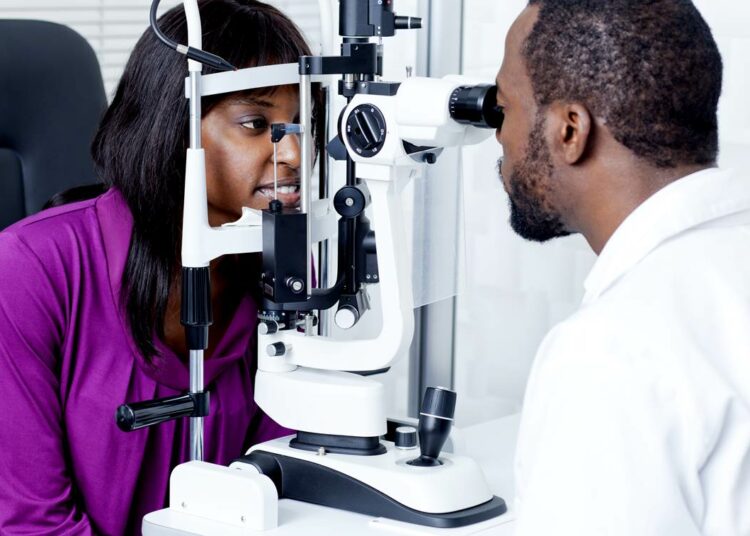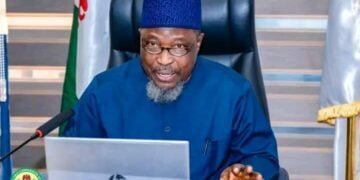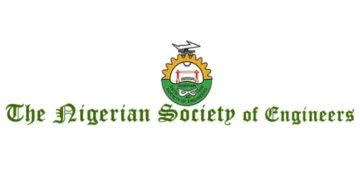Sightsavers Nigeria, a non-governmental organisation, has called for more funds to provide quality eye healthcare/services and eliminate Neglected Tropical Diseases, NTDs, for millions of Nigerians.
The call was made during the two-day Media Partners meeting held in Keffi, Nasarawa State, organised by Sightsavers Nigeria for Journalists across the North Central Regions, Kogi, FCT, Benue, Kwara, Niger, Nasarawa and Plateau States.
Speaking as the Country Director of Sightsavers Nigeria, Prof. Joy Shuaibu, noted that the meeting aimed to equip journalists with the necessary information to amplify messages in the fight against avoidable blindness.
She explained that Sightsavers Nigeria has impacted about 60 per cent of Nigeria’s population through its various interventions.
“In building collaboration between the organisation and the government, she said that awareness on the preventive measures and cure of NTDs has received a boost in prevalent areas, affirming that Nigeria was about to overcome trachoma, which was one of the leading causes of blindness aside from glaucoma and cataracts, she said.”
Shuaibu charged the media to amplify issues around NTDs, encourage ownership of projects by the government, close the funding gap, and implement policies that will address challenges affecting access to healthcare and education for PWDs.
She noted the organisation’s efforts in tackling the five major NTDs affecting Nigerians, such as Lymphatic Filariasis, River Blindness, Soil-transmitted Helminths, Schistosomiasis, and Trachoma, which collectively impact tens of millions, particularly in rural and underserved communities.
She added that as of 2024, Sightsavers has delivered over 653 million treatments nationwide, supported 147 Local Government Areas to stop therapy for Elephantiasis, and helped nine States interrupt River Blindness transmission, with two achieving complete elimination.
“We also supported 174 Local Government Areas to reach the trachoma elimination threshold and provided 80 per cent support for trachoma elimination in Nigeria.
“These figures are not just statistics; they represent lives restored, families rebuilt, and communities freed from diseases that once defined them,” she said.
Outlining Sightsavers’ social inclusion portfolio, she mentioned a four-pronged approach to inclusion, including Citizenship and Political Participation, Economic Empowerment, Inclusive Health, and the Promotion of the Rights of Women and Girls with Disabilities.
Shuaibu further stressed that “Persons with disabilities should not only be seen but heard. And they must be part of the decisions that shape their communities.”





